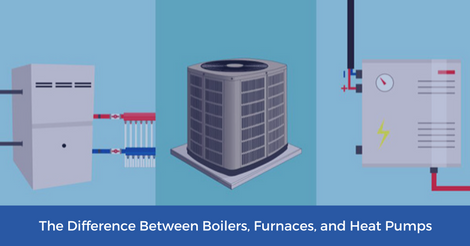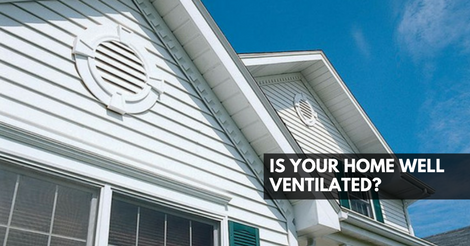When it comes to heating systems, there are a few different options to choose from. Boilers, furnaces, and heat pumps are the most popular options. Unfortunately, many people do not understand the difference between each type of system and how they work.
In this blog, we will review how all three heating units work, the costs associated with installing and repairing, as well as other advantages and disadvantages.
Furnaces
How do they work?
Furnaces can operate using propane, natural gas, or electricity. There are also alternative options a homeowner may consider such as oil, geothermal, and solar-powered furnaces. Furnaces provide heat through coils. They use fuel to heat a set of coils and then use a motorized blower to blow air across the coils. The warm air then travels through your ducts.
What are the costs associated with furnaces?
Electric furnaces are small but, less efficient than other types of furnaces. Gas furnaces require the availability of natural gas. Some homeowners choose to add accessories to their furnaces such as humidifiers and air purifiers which add to the installation cost. The overall cost to install a new furnace varies depending on its size and power source.
Heat Pumps
How do they work?
Heat pumps use electricity to move heat from a cool area to a warm one which makes the space warmer in the winter and cooler in the summer. Heat naturally moves to spaces with lower temperatures, but if you want the heat to stay or go to a specific room, a heat pump is ideal. Heat pumps work best in a warmer climate because they do not heat themselves.
What are the costs associated with heat pumps?
Installing a heat pump is a good way to increase energy efficiency in your home leading to lower heating and cooling bills. A heat pump system replaces your existing furnace and air conditioning unit. The cost to install a heat pump varies on a few factors such as the type of heat pump being installed and the size of the home.
Boilers
How do they work?
A boiler heats water until it is hot. The hot water then flows through pipes to radiators or baseboard heaters which produce the heat that warms the home. The most common types of fuel that boilers run on oil and natural gas. These fuels can be very expensive. So remember to be conscientious of your energy and fuel bill when running the heat.
What are the associated costs with a boiler?
The installation cost of a boiler will largely be determined on what type of boiler you want to install and what type of fuel it will run on. Using a boiler with an electronic ignition, rather than a constantly running pilot light is a way to save on energy costs when purchasing a boiler.
As with any home improvement project, homeowners can’t only look at the initial costs. They must look at the long-term value and expected future expenditures.
We recommend purchasing high-efficiency Energy Star rated equipment. Although the system may be more expensive initially, it will save you money on your utility bills in the long run. Also, many utility companies offer rebates to customers who install qualified Energy Star rated products. To see if your utility company offers rebates, visit our website.
If you are considering installing a new heating system or have any additional questions, contact us! One of our experienced comfort specialists can help you determine what system meets your needs.



